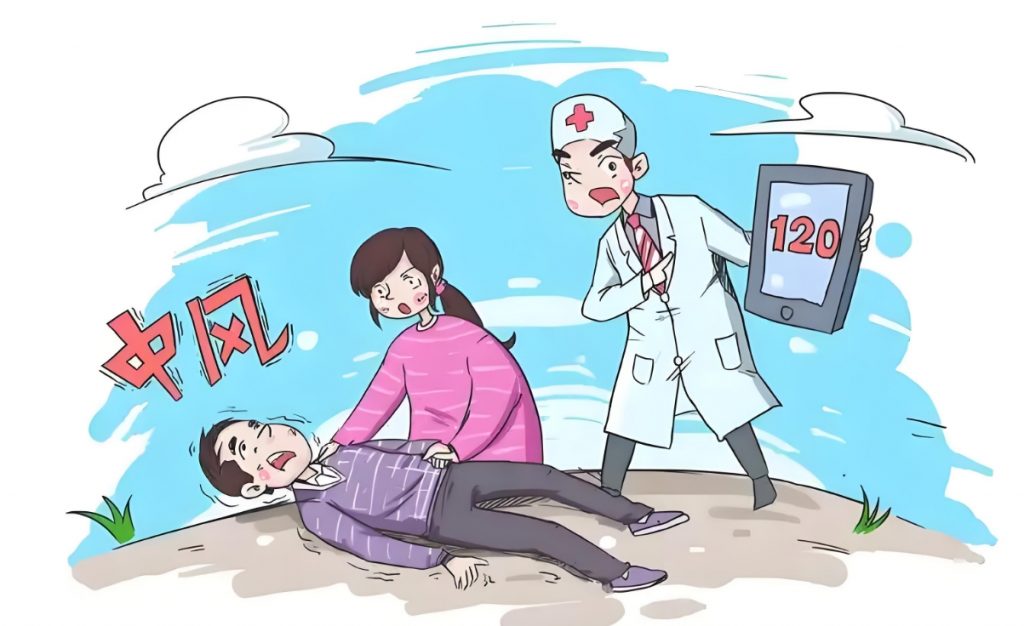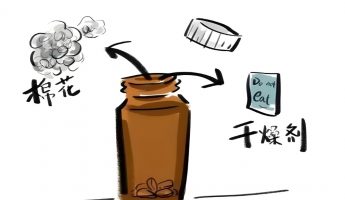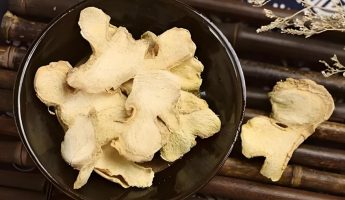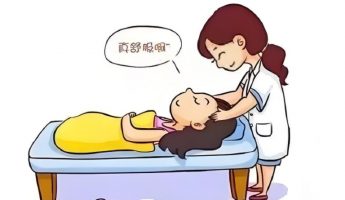In recent days, the temperature has dropped sharply. While strengthening insulation and protection, we should also be cautious of the health hazards caused by the sudden drop in temperature. In addition to the discomfort caused by temperature changes, it is often a high-risk period for stroke for patients with weak physical constitution and cardiovascular diseases.
1.What is stroke
Stroke, also known as “cerebral infarction” or “cerebrovascular accident”, is a disease that causes damage to brain tissue due to sudden rupture or blockage of blood vessels in the brain, including ischemic stroke and hemorrhagic stroke. As the weather gets colder, cerebrovascular disease has entered a high-risk period for onset.

2.Why does cold weather easily trigger stroke?
(1) Cold can reduce the elasticity of surface blood vessels, increase peripheral resistance, cause elevated blood pressure, and make cerebral blood vessels more prone to rupture and bleeding.
(2) Cold can increase the content of fibrinogen in the blood, promote thrombosis, and block blood vessels, leading to disease.
(3) Under the stimulation of cold, the collateral circulation of cerebral blood vessels will be affected, and its protective effect cannot be effectively exerted, which can easily aggravate the occurrence of cerebral ischemic stroke.
(4) Older people have poor adaptability to changes in the external environment, poor physical fitness, and are prone to respiratory diseases in winter, which can lead to secondary or aggravated cerebrovascular diseases.
(5) Insufficient yang energy in winter can cause a person’s mood to be low. According to the “Su Wen Xuan Ji Yuan Bing Shi”, “Many people suffer from stroke due to extreme emotions such as anger, anger, thoughts, sadness, and fear. When the five emotions are extreme, they are all caused by heat or even heat.” Excessive worry and sadness can lead to the stagnation of qi, poor blood circulation, blood stasis, and blockage of meridians, resulting in the formation of stroke.
3.How to prevent stroke when the weather turns cold
(1) Take measures to prevent cold and keep warm, and add clothing in a timely manner according to weather changes.
(2) Adequate drinking water, healthy diet, smoking cessation and alcohol restriction, eating more fresh vegetables and fruits, and recommending a low salt and low saturated fatty acid diet.
(3) Moderate exercise can be done during warmer times of the day. Warm up before exercising, and choose aerobic exercises such as Tai Chi, brisk walking, cycling, etc. Elderly people and high-risk groups should undergo exercise assessment when necessary, gradually and avoid vigorous exercise.
(4) Maintain a positive mindset and avoid emotional excitement. Especially for those with high blood pressure, they are easily irritable and prone to anger, causing blood pressure fluctuations and triggering stroke.
(5) Try to wake up or change position slowly to prevent constipation, and avoid exerting too much force during bowel movements.
(6) Patients with hypertension, diabetes, and dyslipidemia should strengthen monitoring, control blood pressure, blood sugar, and blood lipid levels, take medicine according to the doctor, and do not stop taking medicine or change the dosage without authorization.



